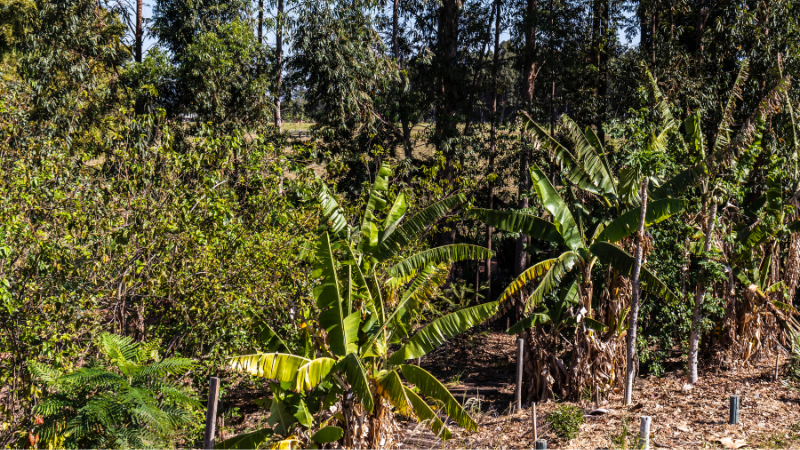In Zimbabwe, sustainable and cost-effective farming practices are becoming increasingly important to address challenges such as food insecurity, climate change, and economic issues. One such approach is agro-ecology, which integrates ecological principles with agricultural production to promote biodiversity, improve soil health, and reduce the use of external inputs like synthetic fertilizers and pesticides.
Examples of Agro-ecology Practices in Zimbabwe: Conservation agriculture is a form of agro-ecology that involves minimum tillage, mulching, and crop rotation to improve soil health and reduce erosion. This practice can also save farmers time and money by reducing the need for expensive inputs like fertilizers and pesticides. By promoting healthy soils, conservation agriculture can increase crop yields and help farmers adapt to climate change.
Agroforestry: Agroforestry is another form of agro-ecology that involves integrating trees into farming systems. Trees can provide multiple benefits such as shade, erosion control, and nutrient cycling. In Zimbabwe, agroforestry has been used to grow fruit trees, fuelwood, and timber, as well as to improve soil fertility and reduce erosion. This practice can also help farmers diversify their income streams and improve their resilience to economic and environmental shocks.
Benefits of Agro-ecology in Zimbabwe: Agro-ecology practices offer several benefits to farmers in Zimbabwe. By reducing the use of external inputs and promoting healthy soils, agro-ecology can help farmers save money and increase yields. Additionally, by promoting biodiversity and ecosystem services like natural pest control, agro-ecology can reduce crop losses and increase resilience to climate change. Finally, agro-ecology practices can help farmers diversify their income streams and improve their livelihoods.
Overall, agro-ecology offers a promising approach to promoting sustainable and cost-effective farming in Zimbabwe. By incorporating practices like conservation agriculture and agroforestry, farmers can improve soil health, reduce erosion, and adapt to the impacts of climate change.
By Farai Mafuwe

